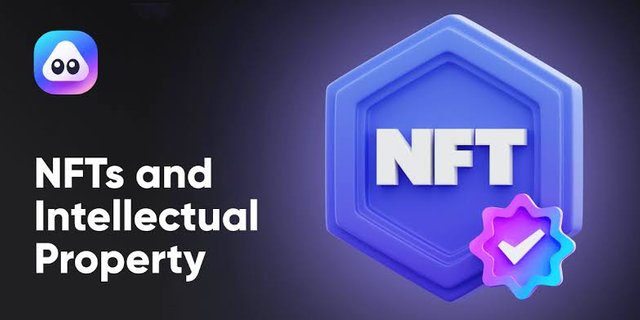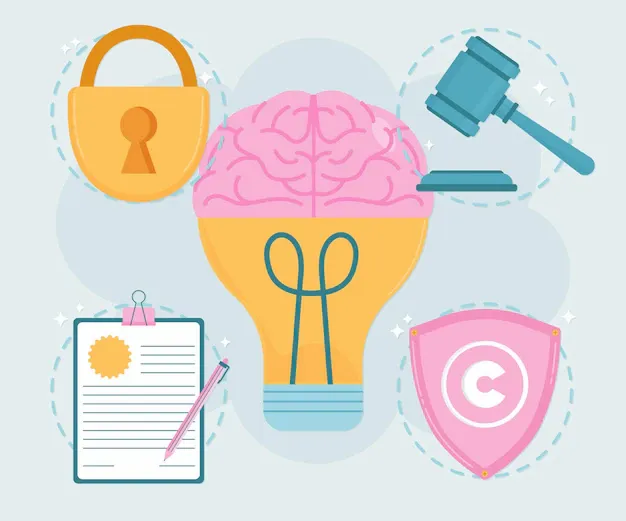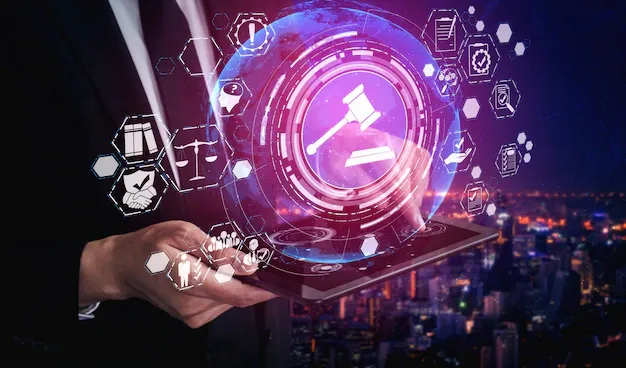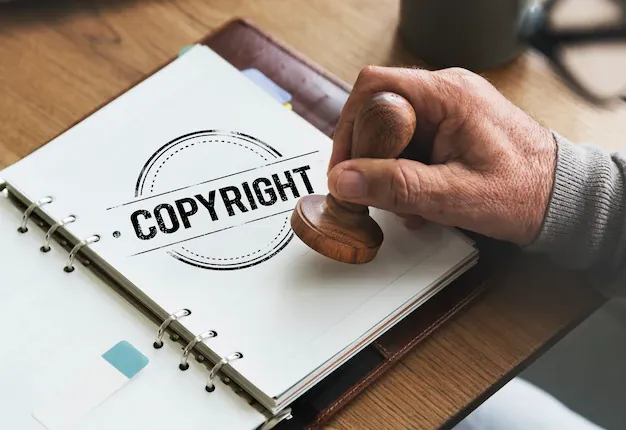NFTs and intellectual property rights: legal and copyright considerations (10% Go to @tron-fan-club) by @wajid7222
NFTs, or non-fungible tokens, stand out and ubiquity lately as a one of a kind type of computerized resource proprietorship. NFTs depend on blockchain innovation, which gives a solid and straightforward stage for purchasing, selling, and exchanging these computerized resources.
Notwithstanding, the crossing point of NFTs and protected innovation freedoms raises different legitimate and copyright contemplations.
With regards to NFTs, one of the essential worries is the possession and move of licensed innovation freedoms. NFTs are frequently used to address computerized content like craftsmanships, music, recordings, and, surprisingly, virtual land.
The maker of the computerized content ordinarily holds the copyright and other licensed innovation freedoms related with their work, in any event, when it is sold as a NFT.
Nonetheless, the acquisition of a NFT doesn't be guaranteed to present the copyright or select freedoms to the fundamental advanced content to the purchaser. All things being equal, NFT exchanges regularly include the exchange of a restricted arrangement of freedoms, for example, the option to show the substance or exchange the NFT itself.
According to a legitimate viewpoint, it is pivotal for makers to obviously characterize the privileges being moved alongside the NFT. This should be possible through authorizing arrangements or terms of purpose that determine the allowed uses of the advanced substance and any limitations on proliferation, dispersion, or change.
By laying out these terms, makers can hold command over their licensed innovation privileges and shield their work from unapproved use or encroachment.
Besides, taking into account the ramifications of fair use and extraordinary works with regards to NFTs is fundamental. Fair use permits restricted utilization of protected material without consent from the copyright proprietor, normally for purposes like analysis, editorial, or farce. Nonetheless, the limits of fair use can be emotional and shift contingent upon the purview.
While making or selling NFTs, it is vital to guarantee that the utilization of protected materials falls inside the limits of fair use or that fitting authorizations have been acquired from the first copyright holders.
Moreover, NFT stages and commercial centers have an obligation to address copyright encroachment and safeguard the protected innovation freedoms of makers. A few stages have carried out confirmation cycles to verify the innovation and responsibility for basic computerized content.
Notwithstanding, challenges actually exist in successfully observing and managing NFT exchanges, especially as the market keeps on developing quickly.
All in all, NFTs present the two amazing open doors and difficulties with regards to protected innovation freedoms and copyright contemplations. Makers ought to be proactive in laying out clear agreements for the exchange of privileges related with NFTs, and purchasers ought to know about the limits on the freedoms they obtain through NFT possession.
As the legitimate and administrative scene keeps on advancing, it is significant for all partners, including makers, purchasers, and NFT stages, to remain informed and guarantee consistence with licensed innovation regulations and copyright guidelines.





https://twitter.com/wajid72222/status/1670396090271559682?s=46
This is a great post for me. Everyone should take a knowledge from this post.
This is a great post on nft and intellectual property right, everyone should know about their intellectual right.
Thank you for sharing with us 😊👍